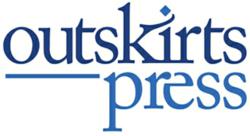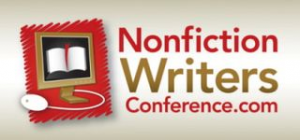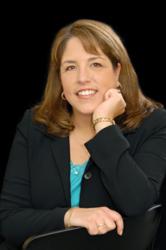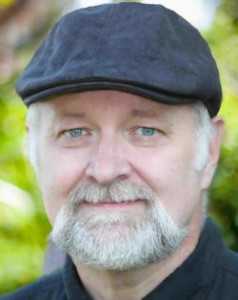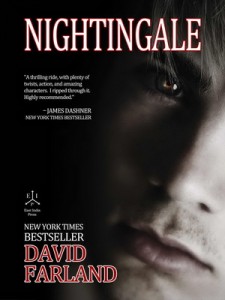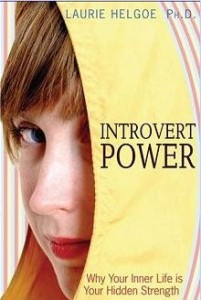 One way to learn what’s new in writing and publishing is to attend the Writer’s Digest Conference East 2013 at the Sheraton New York Hotel, from Friday, April 5 to Sunday, April 7. Before the main conference opens at 4 pm on Friday, April 5, you can attend the first annual Self-Publishing Conference or a three-hour boot camp on writing 21st century fiction, writing a novel, or public speaking for writers.
One way to learn what’s new in writing and publishing is to attend the Writer’s Digest Conference East 2013 at the Sheraton New York Hotel, from Friday, April 5 to Sunday, April 7. Before the main conference opens at 4 pm on Friday, April 5, you can attend the first annual Self-Publishing Conference or a three-hour boot camp on writing 21st century fiction, writing a novel, or public speaking for writers.
Writer’s Digest Conference
Whether you want to learn more about the craft of writing or are seeking an agent or broader readership for your work, sessions at The Writer’s Conference can help you.
Expert speakers and panelists will explain how to:
- Pitch your work to an agent
- Write for big-name publications
- Build an audience for your work
- Create great characters
- Write non-fiction book proposals
- Create a career out of e-books
- Use social media to sell books
- Decide whether to self-publish or find a traditional publisher (or both)
In a session entitled, “The Future of the Writer,” you will get insights into some of the challenges and opportunities facing writers in the years to come. You’ll learn not only what to expect, but also how to prepare and succeed.
Self-Publishing Conference: April 5
During this event from 8:30 am to 3:30 pm, publishers, agents, editors, authors and marketing gurus will share their expertise through sessions entitled:
- Freemiums, Crowdfunding, and Hybrids: The New Era of Self-Publishing
- The Complete Package – Why Good Writing Is Only Half the Battle
- The Agent/Self-Published Author Relationship
- How Self Published Authors Found Success
- Legal Issues for Self-Published Authors
- You Wrote It – How Do You Sell It?
- The Future of Self-Publishing
Public Speaking for Writers Boot Camp: April 5
This session (12:30 to 3:30 pm) is for authors (or soon-to-be-published authors) who want to generate more book sales from their readings. Former CNN anchor and Equity actor Porter Anderson will explain why strong, live readings can do more to convert fence-sitters into book-buyers than any other marketing tactic.
Whether you will be presenting your work in a bookstore, conference ballroom, campus lecture hall, book fair, or corporate auditorium, you’ll learn how to deliver your work with impact. From what to wear to the Q&A, you will learn how to take control of every appearance and come out with sales.
You will learn:
- What an audience wants from an author at a reading – and how to give it to them.
- How to choose what to read.
- How to rehearse ahead of your reading.
- How to prep your reading for your listeners.
- How to present yourself to the audience.
- How to actually deliver your work and follow it up.
Attendees should bring two pages of their own work to read (either from a work in progress or from published material). You will experience reading on your feet and get feedback from your peers and session leader Porter Anderson.
For more details on this boot camp, and the other two boot camps on April 5, see the Conference schedule.
Discounts are available to attendees who register by Friday, February 15.
LINKS
Writer’s Digest Conference 2013
Schedule: Writer’s Digest Conference


